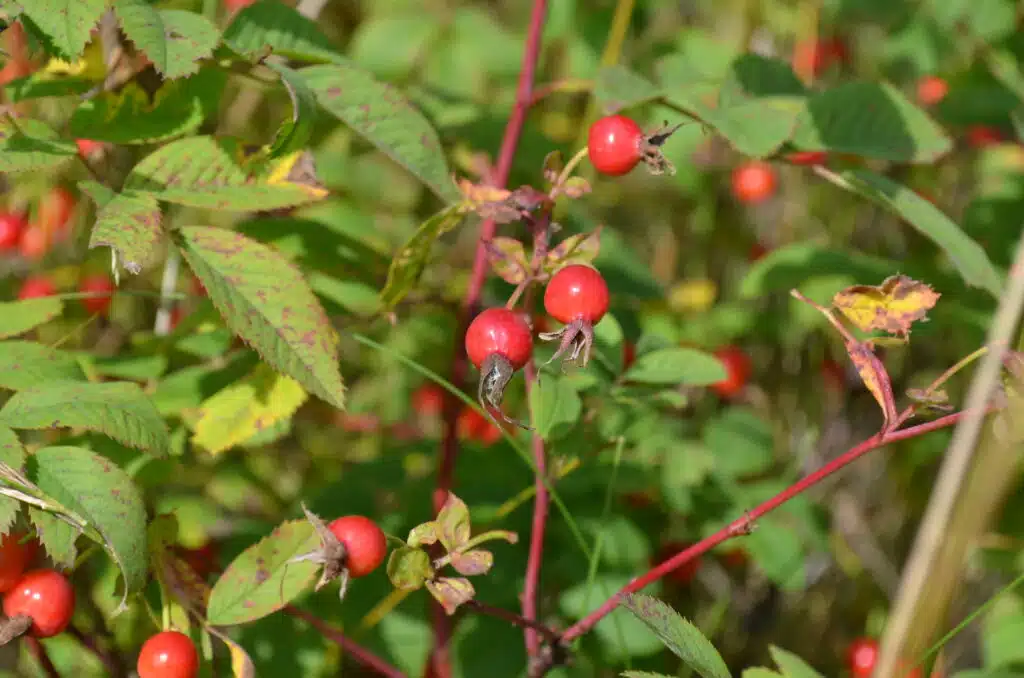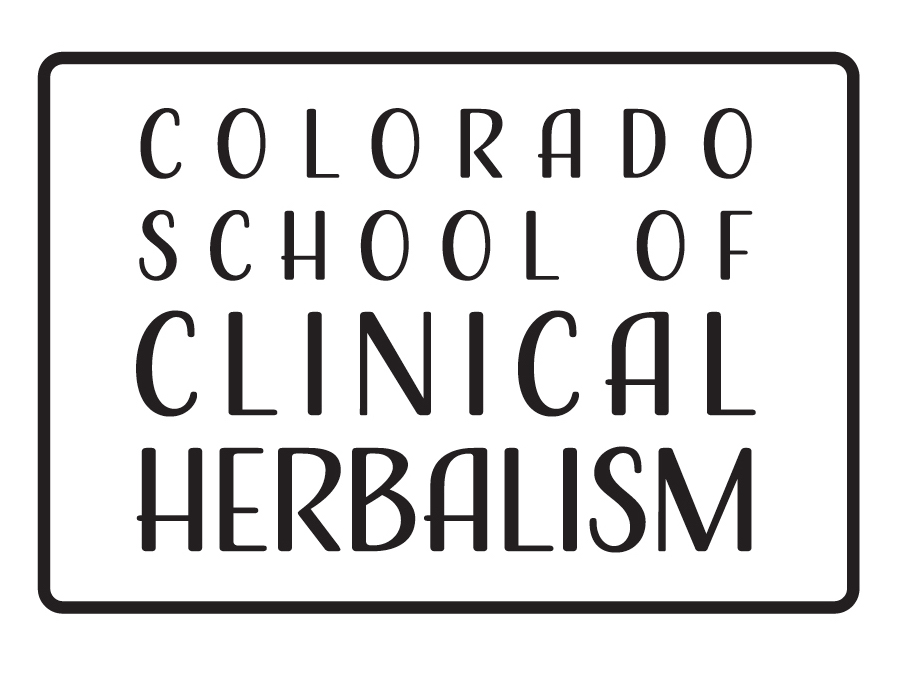
* The information provided in this article is intended to support your overall health and wellness and is not intended to replace medical advice or treatment. It is important to work with your primary healthcare provider and to inform them of any herbs or supplements you are taking. Herbs may have side effects, cause individual sensitivities, or interact with medications, and it is important to discuss these risks with your healthcare provider *
A nutrient rich diet is essential for health and a general sense of well being: we’ve all heard this before, but it isn’t always easy to get the vitamins and minerals and minerals we need from our regular diet. Over time, many foods have become poorer sources of important nutrients, especially minerals, due to factors like the depletion of the soil and processing methods that remove and/or alter nutrients. Vitamin and mineral supplements are commonly used, often to good effect, but it can be difficult or expensive to figure out and consistently take a supplement regimen that works for you. Many herbs, like raspberry leaf and rose hips, are valuable and enjoyable sources of vitamins and minerals that can be consumed daily to boost nutrition. Some herbs can support digestion and absorption of nutrients from other sources as well, which is a major function of familiar culinary herbs like rosemary and ginger.
An herb, in the context of clinical or therapeutic herbalism, can be broadly defined as any plant or part of a plant that is used to support health and wellness, or to achieve some therapeutic purpose. You’d be hard pressed to find a culture or traditional system of medicine that didn’t or doesn’t make use of herbs to maintain health and support healing in some capacity. There’s a huge variety of herbs and herbal preparations, and each one has a unique character and effects; some are stimulating, some promote relaxation, some promote the health of particular parts of the body, and so on.
The way we experience herbs can be highly individual as well; since each person has unique characteristics and health circumstances, the effects of a particular herb may be slightly or vastly different for different people. An herb that reliably supports your sleep might keep someone else up all night, or you may tolerate an herb that another person simply doesn’t enjoy, like how some people love the taste of licorice and others can’t stand it. This may seem complicated and even unpredictable, but the uniqueness of herbs and people opens up beautiful possibilities for personalized support; with an understanding of the character of an herb and the individuality of a person, we can get a good idea of which herbs might be the most supportive for them and their needs. At the end of the day, the best way to figure out which herbs are best for you is to try them for yourself!
This is where the concept of an “herbal ally” comes into play; an herbal ally can be defined as an herb that works especially well for a particular person, can be relied upon in specific circumstances, or that someone has some special relationship with. This might be an herb that brings to mind happy memories, or one that can be relied upon in specific situations. For example, you may turn to chamomile to help you drift peacefully into sleep, or ginger whenever you start to have a stomach ache. Discovering your herbal allies and building a relationship with these supportive plants can help you to improve your health, maintain balance, and benefit you in a number of significant ways.
Nourishing herbs can be fantastic, simple, and accessible allies to introduce to your daily routine, and they come with a wide spectrum of benefits. Here are some examples of highly nourishing herbs and how to prepare them:
- Oat straw: As a nutritive tea, oat straw is especially supportive for the musculoskeletal system, the nervous system, and the hair, skin and nails. Oat straw is rich in easily assimilated minerals like calcium and magnesium, both of which are essential for bone health and numerous bodily processes; magnesium deficiency is associated with symptoms like muscle tension, blood sugar imbalances, and difficulty sleeping, for example. It also contains vitamins A, C, E, and K, as well as many B vitamins. It is slightly drying, but not as much as some other herbs like nettles or even raspberry leaf, and is not particularly warming or cooling; this makes it a good choice for many types of people. Those with a gluten sensitivity may react to oat straw, however. Pouring a quart of hot water over an ounce of the dry herb and allowing it to steep overnight results in a deeply nourishing, nutrient-rich tea.
- Rose hips: A rich source of synergistic antioxidants Vitamin C and flavonoids, rose hips are especially supportive to skin and cardiovascular health and the functioning of the immune system. Rose hips have great moistening qualities as well, making them a valuable ally for people who tend towards dryness; this might look like a tendency for dry skin, dry eyes, or constipation. They can be consumed as a tea, by soaking a couple of tablespoons of dry, cut and sifted rose hips in a quart of hot or cold water for several hours or overnight, and they can be eaten as well; be sure that they have been de-seeded, with the irritating hairs removed. They can be made into jam, sweetened with a bit of juice, or powdered, all of which are great ways to obtain the nutrients; taking a tablespoon a day is a great way to boost your antioxidant status.
- Raspberry leaf: Sweet, sour, and astringent, raspberry leaf is an easy to use, abundant, and safe herb traditionally used to nourish pregnant and nursing women. Its use in this way, as a female reproductive tonic, was introduced by Native Americans to midwives in the colonial era. It is considered cooling and drying, and can help to alleviate symptoms like diarrhea or runny noses by drying up and strengthening mucous membranes. It contains high amounts of many minerals as well as the vitamins A, C, and E, making it an excellent herb to take daily to strengthen and nourish the whole body. It is especially high in the mineral manganese, a deficiency of which is associated with reproductive disorders in women. If you find that you run dry this herb, especially without a moistening herb like rose hips, may contribute to your dryness. Making a tea is the usual way of preparing raspberry leaf, which may be done effectively by simmering an ounce of the dried leaf in a quart of water on the lowest heat for 20-40 minutes, allowing it cool, and straining; or by pouring hot water over the leaf and allowing it to infuse for 2 or more hours. Making a simple tea by pouring boiling water over a bit of the herb is plenty good as well, but you’ll extract more minerals by steeping for a longer period of time.
A great way to learn and get personalized herbal support is through a consultation with an herbalist: for information about the student clinicians at CSCH and to schedule a low-cost consultation, click here.
If you have any questions, please contact Chance at chance.wrighthobart@clinicalherbalism.com
Citations and sources:
Sinadinos, C. (2020). The Essential Guide to Western Botanical Medicine.
Bergner, P. (2001). Folk Remedies Database: Traditional treatments for medical ailments from more than twenty-five cultures
Bergner P. (2003). The Healing Power of Minerals and Trace Elements
Matthew Wood, Matthew Wood Institute of Herbalism. Herbs A to Z online course
American Herbalists Guild
Other resources and education from the Colorado School of Clinical Herbalism
Tags: Herbalism for beginners, Herbs for health, Nutrition, Health and wellness, Holistic, Class, Herbal Allies, Healing
Images: Wild Rose hips by USFWS Midwest Region
Ripe WIld Raspberries by Mark Steele
Links to eventbrite pages:
Herbal Allies 2025 Collection: https://www.eventbrite.com/cc/herbal-allies-2025-3918393
Herbal Allies for Daily Nourishment: https://www.eventbrite.com/e/herbal-allies-for-daily-nourishment-registration-1113220284839
Herbal Allies for Abundant Vitality: Emotional Balance: https://www.eventbrite.com/e/herbal-allies-for-abundant-vitality-emotional-balance-registration-1120720779019
Herbal Allies for Abundant Vitality: Robust Immunity: https://www.eventbrite.com/e/herbal-allies-for-abundant-vitality-robust-immunity-registration-1120759765629
Herbal Allies for Abundant Vitality: Focus and Energy: https://www.eventbrite.com/e/herbal-allies-for-abundant-vitality-focus-and-energy-registration-1120759855899
